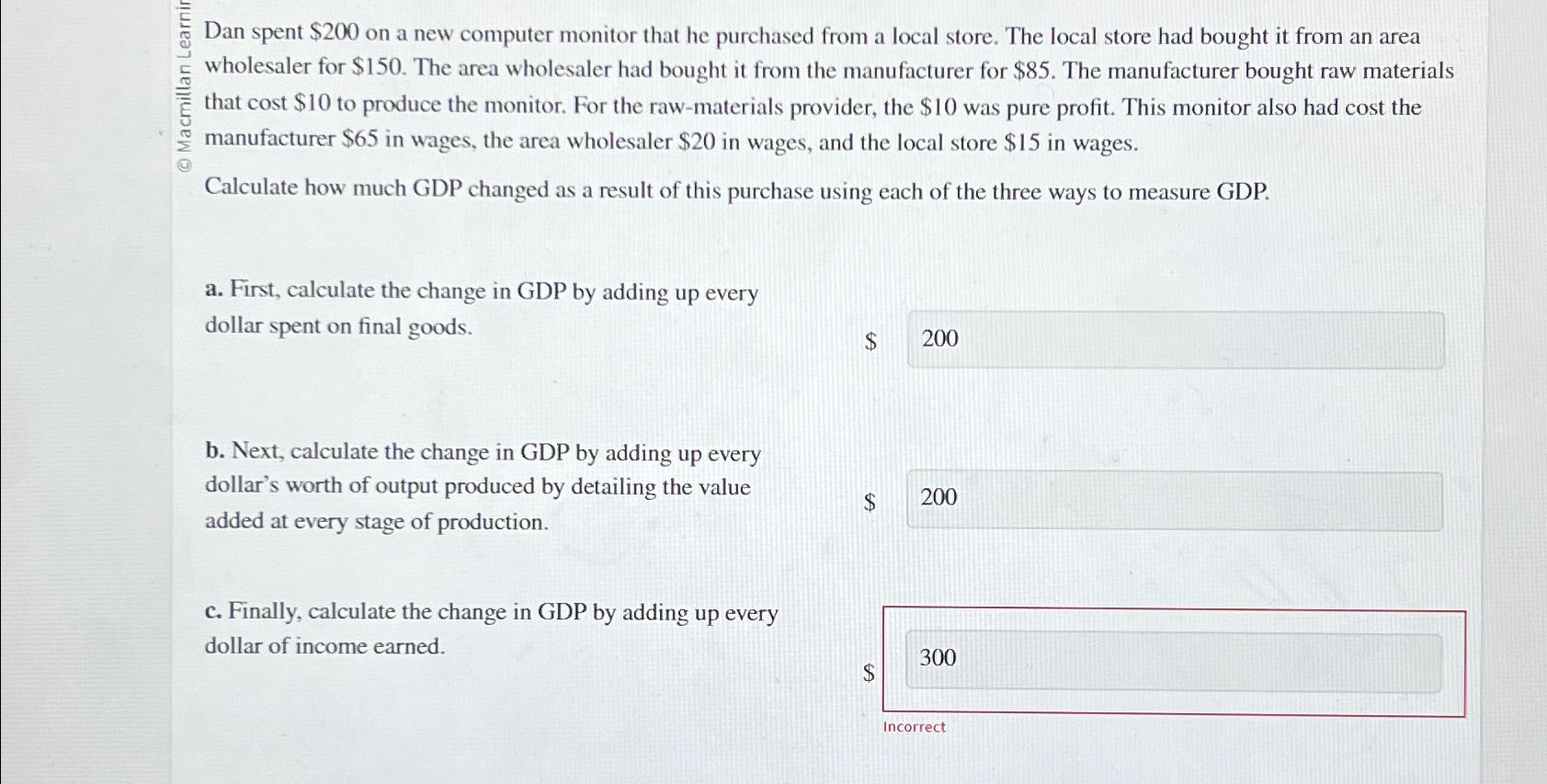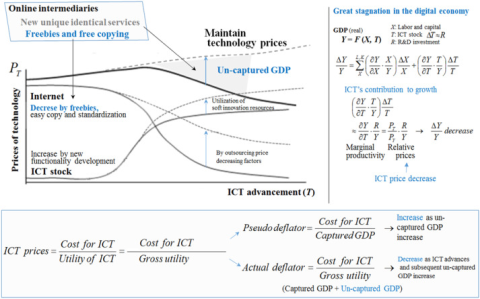[
Once there was a fella named Dan. He lived in a small town, you know, where everyone knows each other. One day, he decided to buy himself a new computer. Now, not just any computer, mind you, but a shiny new one that cost him a whole $200!

Now, this $200 didn’t just poof into thin air. It came from his hard work, probably toiling away like many folks do. He saved up his pennies, and finally, he had enough to get that fancy computer. You see, in our little world, when someone spends money like that, it can tell us a whole lot about the economy, like the GDP and all that big talk. But let’s keep it simple, just like how I’m used to thinking.
So, Dan went to the local store. It’s a small shop, run by a nice couple who’ve been there forever. They’ve seen kids grow up and families come and go. When Dan walked in, he spotted that computer. It was sitting there, all new and shiny, just calling his name. He looked at the price tag, and there it was—$200.
Now, that store didn’t just pull that price out of thin air. No sir! They had to buy it from someone else, a wholesaler, I reckon. The local store got that computer from the wholesaler for about $150. So you see, when Dan handed over his $200, it wasn’t just going to the shop owners; it was a whole chain of folks getting their share. That wholesaler needed to make a bit of profit too, didn’t they?
Let’s break it down a bit:
- Dan spent $200 at the local store.
- The store bought it for $150 from the wholesaler.
- That wholesaler had to pay the manufacturer too.
Every dollar that Dan spent counts. It all adds up. In the big world of numbers, they call that the GDP, which stands for Gross Domestic Product. It’s a fancy way of saying how much money is spent on stuff in the country. So, when Dan spent his $200, it showed that folks like him are still buying and selling, and that’s good for the economy.

Now, you might wonder why it matters. Well, when people spend money, it keeps everything moving. The store owners can pay their bills, the wholesalers can buy more goods, and manufacturers can keep making new things. It’s like a big circle, you see? And Dan’s $200 is just a tiny drop in that big pond.
Some might think, “What’s so special about a computer?” Well, let me tell you, in this day and age, having a computer is like having a window to the world. Dan could use it for all sorts of things—checking up on the news, connecting with family, maybe even playing a game or two. It’s not just a piece of machinery; it’s a tool that opens up new opportunities.
And it ain’t just Dan spending his money. All around town, folks are buying new gadgets, fixing up their homes, and putting food on the table. Each time someone buys something, it helps the person who sold it and the people they buy from. It keeps the wheels turning in our little economy.
So, what’s the takeaway here?
- Dan’s $200 spent on a computer is more than just a transaction.
- It shows how money flows through our community.
- Every purchase helps support local businesses.
In the end, we gotta remember that even a simple purchase like Dan’s can ripple out and affect many lives. It’s like tossing a stone in the water; the ripples go on and on. So, next time you see someone buying something, think about all the folks involved in that little exchange. It’s a big deal, even if it seems small at first.
Tags:[Dan, computer, GDP, spending, economy]

























